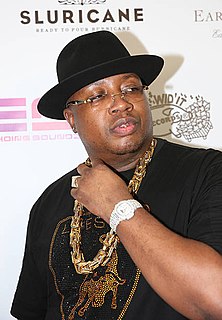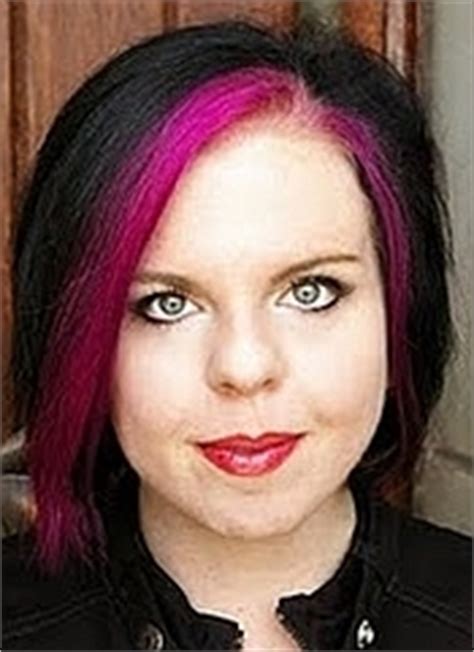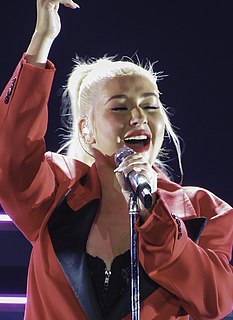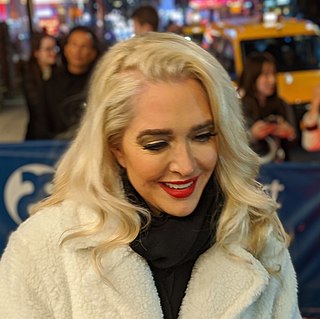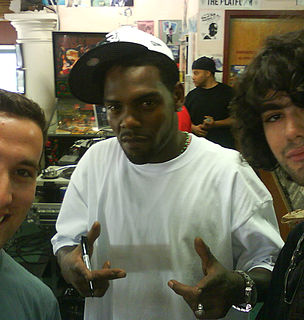A Quote by Lari White
To make a label change is a difficult time because there is that lag period between the product you had out and the next project you're going to make on your new label.
Related Quotes
It was three breakups going on at the same time. It was breaking up with my band, and my boyfriend, and right after that, my record label. I was arguing a lot with my record label during that whole time, so maybe they all affected each other. This record, Mondo Amore, came out of a time that was really heartbreaking and confusing, and that's why I switched the sound up a lot, to make it sound a little bit grittier and more raw.
I was 21. At the time, I was under the thumb of my label, and I felt like I had to do, say and act out everything they asked me to do. I was trying to please them and the public and finally I had to say, "Enough. I'm going to make a record that makes me happy and addresses all facets of being a woman. I don't care if I sell one or one million records." That's how I came to make Stripped.
For us, being a label, we took out the whole aspect of the business that goes into sifting through people who don't care, who don't get what you're trying to do. We can just hire and work with people who get it - the people who understand what this project is about. When you're on a label, you're just hoping somebody will stick their neck out and work for you. Most bands are just like, "I hope they do it. I hope they promote it." But being a label, we know exactly what's happening.
I'm a free agent. I want the major-label budget for my next album, but I'm too big for the label to pay me. I don't want to be controlled, to be watered-down. Labels were always asking me to do this or do that, saying that I was lacking something. And every time, I did it the next year. Singles? Radio spins? I showed 'em.









